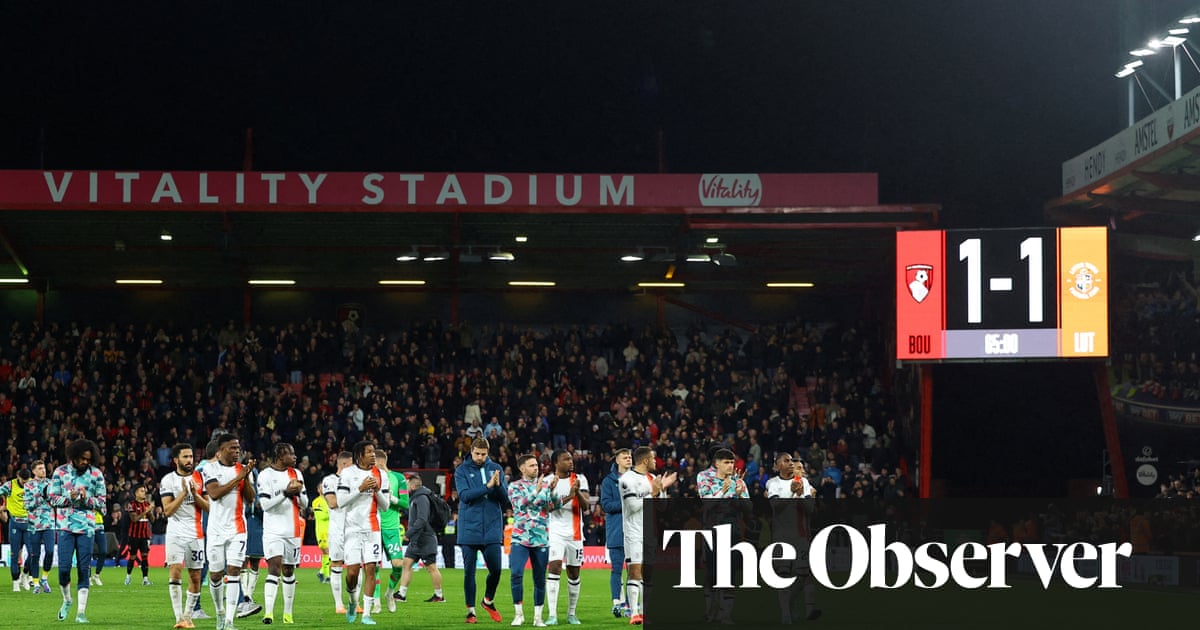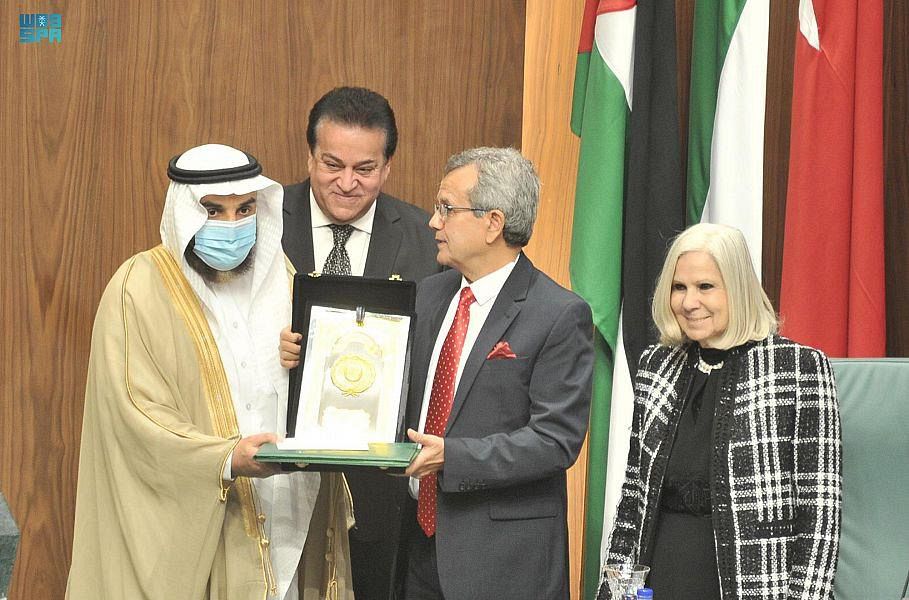
CHICAGO: Doctors in America are facing the same kinds of life-and-death decisions and life-threatening challenges with the coronavirus that many doctors face in war-torn countries like Syria, Yemen and the Sudan, says Syrian American doctor Zaher Sahloul.
Sahloul, who headed the Syrian American Medical Society (SAMS) effort to save civilian lives during the Syrian civil war from 2011 until 2017, has brought his experience to America in the hopes of defeating the deadline coronavirus pandemic which he says is as threatening to lives as is war.
A critical-care physician, Sahloul says he sees the same parallels challenging the medical industry in the fight against coronavirus as he did in beleaguered regions of the world like Syria.
“I don’t what to call it, maybe a strange twist of fate when I left Syria to come here and now must fight this very deadly virus, COVID-19,” he said.
“When you have a disaster that overwhelms the health-care system to respond to the disaster, the same principles that applied in the Syria war apply here.”
The medical profession in Syria was overwhelmed by the thousands of civilians who were injured and died during the civil war and political violence through standard military weaponry like fighter jets firing missiles spraying civilian areas with bullets or dropping chemical weapons, according to Sahloul.
The coronavirus, he says, is different only in that it does not have a political agenda, and does not target people based on their race, ethnicity or religion.
“In Syria, for the past nine years where everyone knows we have had crisis after crisis and sometimes it is a population under siege,” he said.
“We saw bombings of hospitals and the killing of doctors and chemical weapons being used. Healthcare providers were struggling to manage with very limited resources.”
Sahloul says he sees the same limited resources being used as doctors and medical centers around the country struggle to provide care for everyone infected by the virus.
“You cannot as a doctor or nurse in Syria save every patient that comes to you after a barrel bomb because of the limited resources,” Sahloul said.
“I was in Syria in hospitals that were built underground for protection in Aleppo and Idlib. You would see an influx of patients who came into the emergency room after a barrel bomb and you had to make difficult decisions,” he said.
“You know you have limited resources and you don’t have the best technologies. Sometimes you don’t even have enough surgeons who are qualified to do the surgeries. So, you have to decide which patients you have to direct your resources to.”
Sahloul says there are differences between treating casualties in war zones like Syria, Yemen or even in the Gaza Strip, but that in a region where it is a virus and not a war, medical professionals are seeing a similar “crisis standard of care.”
“Doctors and nurses are human. When you are dealing with crisis, people have depression, anxiety and PTSD and that is why it is very important to take care of the health of doctors, nurses and medical staff during this pandemic,” Sahloul said.
“We have many patients who have COVID-19 who end up in the intensive care unit. Some of them will live and some of them won’t. We don’t have enough ventilators for them all.”
Many of the patients needing treatment for COVID-19 are doctors and nurses, he said.
“The protection of healthcare survivors is another parallel. In Syria we had suffered many doctors suffered from the lack of protection from bombs. Here, we suffering because of a lack of protection because we have a shortage of PPEs,” Sahloul said.
“At the peak of the chemical weapons used in Syria, I remember in one of the medical missions I took with me a bag full of gas masks for physicians so they could protect themselves.
“Some of them died just because of exposure to sarin gas and chlorine gas. Here, we have physicians dying because of exposure to virus because we don’t have PPEs.
“This is also another parallel that we have to the disaster in Syria and other places in Yemen, Gaza and now in many countries around the world including right here in the United States.”
Sahloul was born to Syrian parents who believed in public service in Algeria and were provided education instruction there.
He was raised in Homs and graduated from medical school in Damascus in 1988. He later immigrated to the US where he studied pulmonary medical care at the University of Illinois at Chicago.
That same drive to help people also drives the life of his wife, Suzanne Akhras Sahloul, who heads the Syrian Community Network that helps Syrian refugees. They have three children.
After leaving SAMS in 2017, Sahloul established a private practice in Chicago’s suburbs.
Pulmonary Consultants, based in the Chicago suburb of Chicago Ridge, was launched in 2017. Sahloul has 20 partners who cover six of the largest hospitals in the Chicago area in America’s Midwest.
Sahloul also launched MedGlobal, which brings together a thousand medical professionals from 25 different countries to provide medical support in war-torn regions of the world.
“The purpose of MedGlobal is to reduce health-care disparity by providing health care to areas going through disaster,” Sahloul said.
“MedGlobal hosts programs in Gaza, Yemen, Syria, Columbia, Venezuela, Bangladesh, Pakistan and more.
“MedGlobal strives to build resilience within the local communities through the training of healthcare providers, the donation of technology, medical supplies and medications, and through other aspects of supporting healthcare providers in those countries.”
Sahloul spent many years in Syria working with SAMS and tears up when he speaks about the people who perished, including many doctors he knew as a result of the conflict.
About 920 medical professionals were killed during Syria’s war and hospitals continue to be targeted, he said.
“It’s bad there,” Sahloul said.
“We started a fund to support a ‘safety net hospital’ in Chicago that was providing care to African American and Latino communities that has a shortage of supplies, ventilators and PPE’s at St. Anthony’s Hospital. Health-care disparity is everywhere.
Syria “is the worst humanitarian crisis of our lifetime,” but COVID-19 is as brutal of a killer and threat to the entire world, Sahloul said.
“We have to stop it. We will.”












